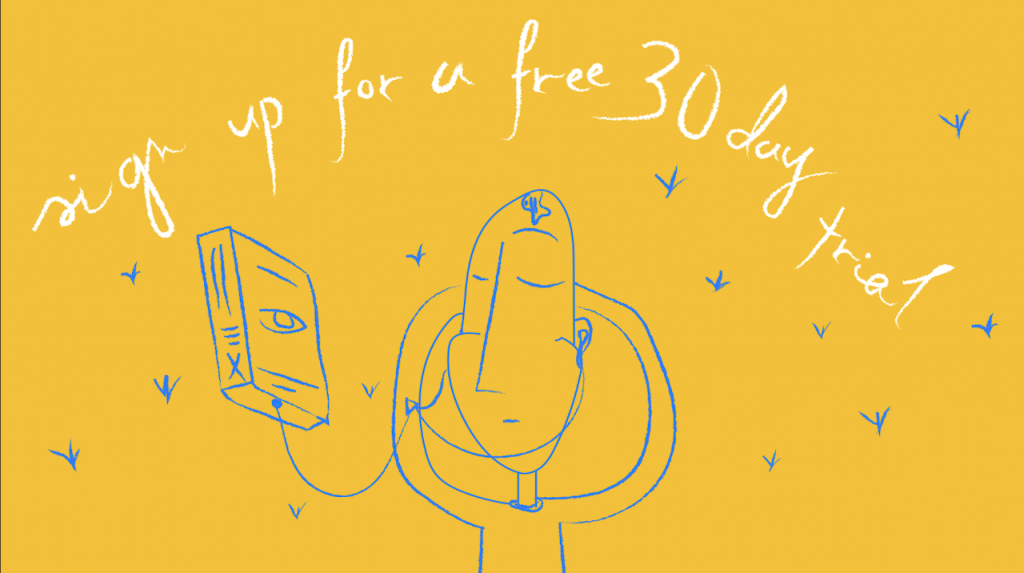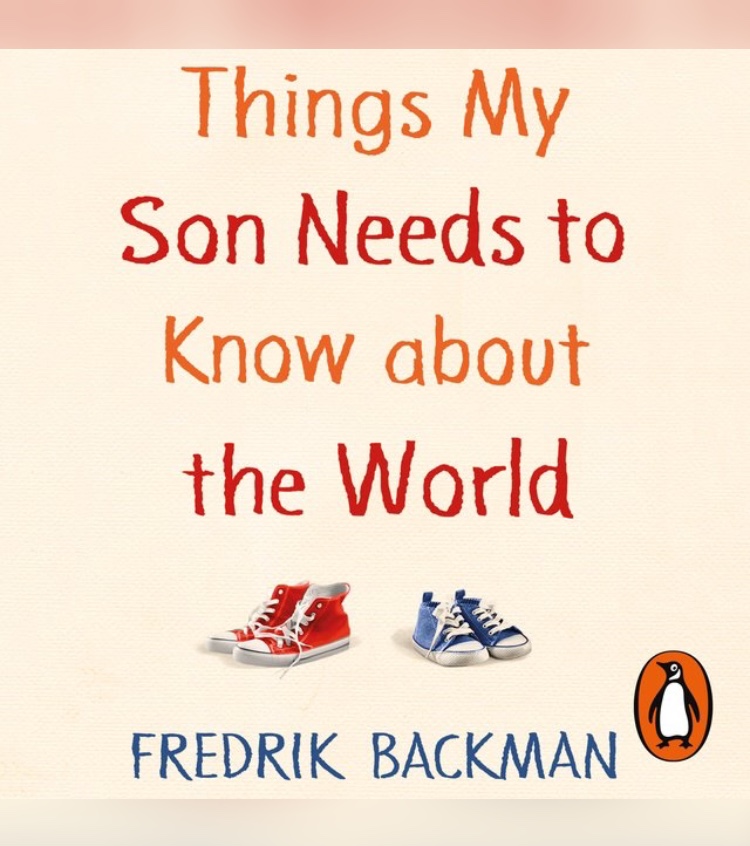I’ve never had the best relationship with my dad.
It’s not that he was particularly strict when I was a kid, or that he was an alcoholic who never prioritised his family. It’s not that I never felt loved.
He was just your typical Asian father: a man of few words; stoic in the face of whatever life threw at him, good or bad. I could never figure out what went on inside his head.
28 years I’ve known the man and 28 years there’s always been an impenetrable wall of awkwardness between us. Distance—never increasing yet ever-present and always felt.
This isn’t to say we didn’t get along. Dad taught me a number of things. Like to never be disrespectful to women. Or the exact part of a football to strike so it curled in the air just like one of Beckham’s. And my personal favourite: where to punch someone for maximum incapacitation, in case I was ever bullied and had to stand up for myself.
Useful as those lessons were, I never actually learnt why he taught me what he did. And so, when I chanced across Things My Son Needs to Know about the World by Fredrik Backman in Storytel’s online catalogue, I knew I needed to read it.

Rice readers get a 30-day free trial, so download their app to get started.

On Poop, Stuff, and Fear.
Predictably, for a book dedicated to his son, the first thing Fredrik talks about is love. What’s interesting though, is the journey he takes us on before he reaches his point. He begins by talking about … shit.
Thrown into the hitherto unknown world of fatherhood, Fredrik learns what all new parents soon realise: the first year of parenting revolves entirely around shit. The presence/absence of it; the waiting for it; the cleaning up.
Using a casual writing style, colloquial language, and many personal yet relatable anecdotes, Fredrik discusses how being a parent is the dirtiest job ever. Not to mention the most thankless.
From only caring about yourself, you now have this crying, pooping machine you love more than life itself. But babies don’t come with a manual. You have to learn how to deal with shit—literally and figuratively—along the way.
Fredrik explains how parenting has evolved. Back when he was a child, technology wasn’t what it is today and “Google” was just a funny word.
All of this to say that parents today face an immense amount of pressure. With information so readily available, there’s simply no excuse for “not knowing” something might be bad for your child—”might” being the operative word here.
The crippling fear of the possibility of the slightest mistake results in our parents sometimes going overboard. They google endlessly to check if our behaviour is normal; they spend hours in parenting seminars; they form WhatsApp group chats to pester teachers.
Why?
“Because we love you.”
Ultimately, all our parents want is for us to be better than them in every way. And they’ll go to the ends of the universe to ensure the most optimum circumstances for that to happen. It’s frustrating, and it involves both sacrifices and constant battle with the terrifying thought of failing. They don’t always get it right—we find this out later. They know this going in. But it’s their job to keep trying.
Which led me to wonder what my own father knew about parenting. Mom was a natural. But Dad? If he could do it all over again, with all the resources available today, is there anything he’d do differently? Does he see all the flaws his son has, and think they might’ve been, in some way, his fault?

On Football & Starting a Band.
After explaining just how much of parenting is fear-driven, he talks about how he mitigates that fear: through football.
Here, the book stops being a book. Instead, it transforms into a letter meant for his son. Throughout the chapter, his usual wit and humour give way to vulnerability as he opens up about a father’s worries. It’s deeply personal, making readers feel like we’ve been let into an extremely private moment between father and son. The fact that this is an audiobook draws you into the intimacy.
The calm voice through my earphones is like my own dad talking to me as we stroll through Bishan park, all as I’m trying to escape the stress of a looming deadline.
Fredrik’s reason for hoping his son likes football is simple: he doesn’t want his son to be teased by other boys.
I get it. All parents want their child’s life to be as uncomplicated as possible. And he knows that kids can be mean. Any difference can result in you being picked on mercilessly. That feeling of not fitting in is the last thing he wants for his child.
At the same time, Fredrik explains that it’s also about being part of something bigger than yourself. Again, this point is reiterated towards the end of the book. According to him, starting a band is a must, especially if it’s with your best friends. But making music is not the point. Rather, it’s having a reason for everyone to get together no matter how much time has passed.
However, despite his insistence on his son having friends, we eventually discover the true reason behind Fredrik wanting his son to like football. As he and his son both get older, he’s not so much afraid of screwing up as he is of losing one-on-one time.
And so we learn: he loves football and just wants to share the experience of playing or watching a match with his son—something they can call their own. Not unlike my dad who comes alive whenever we talk football.
Dad has always loved the game, and though he might not keep up with today’s premier league, there’s always a conversation to be had whenever I bring up the good old days of Cantona, Giggs, or Scholes.
Up until then, I never truly realised how important football was in bridging the gap between us. As a kid, my father would kick the ball around with me. When I got older, we’d have a beer together while watching the world cup.
The memory of Dad teaching a 9-year-old me how to curl a football will always be something I remember fondly. As was the look on his face when I curled one from the dining room straight into his closet.

On Being A Man.
My favourite chapter of the book is undoubtedly the one where Fredrik teaches his son what he needs to know about being a man.
He starts by talking about his grandfathers—that they were manly, working-class men who knew how to build things from scratch. They lived in a different time, where men went out to work and women stayed home.
Then, he compares his generation with his father’s, taking special care to highlight the differences between them. The world evolved and modern technology led to the adoption of new skillsets. Gender roles were less pronounced.
All of this allows Fredrik to drop the truth bomb: that it’s not easy to teach his son what a man is, because in society’s eyes, masculinity always changes.
One minute, men are supposed to be stoic providers and crying is a sign of weakness. The next, they’re encouraged to be comfortable with expressing their emotions. The distinction between typically ‘male’ and ‘female’ traits became even less clear.
By his own admission, Fredrik tells us that he’s someone who isn’t able to fully comprehend what inequality feels like. He’s a white, heterosexual, Western European man with an education and a job. Yet, this isn’t going to stop him trying to learn what it means, and eventually passing on the right values to his son.
In perhaps the most powerful sentences in the book, Fredrik tells his son what he thinks being a gentleman is:
“And I hope that you’ll never get it into your head that just because a woman deserves every opportunity you do, you have to stop holding the door open for her when you can. That you’ll never think it’s impossible to be equals and behave like a gentleman at the same time.”
I listened to that bit of the audiobook on the bus to work, and I damn near stood up to applaud. It’s the one thing Dad always made sure I knew, even though de didn’t use those exact words. He always preferred to teach by example. Only when I was particularly rude to my mother would he glare at me before sternly telling me not to speak to her like that, emphasising that ladies were to be treated with respect.
Of course, I now also know that you should treat everyone with respect. And now that I think about it, everything I currently know about treating people, I must’ve subconsciously picked up from observing my father.
Thanks, dad.

In short, the book is a delight. It might not be a literary classic, but Fredrik manages to build a world full of fun and insight in 3 hours.
He’s just an average guy living an average life, whose only wish is for his son to become the man he could not. It really is that simple. There are no mind-blowing epiphanies; no earth-shattering revelations.
However, to also say that the book is nothing but a fun listen/read would be doing it a disservice. What it is, is both a conversation starter and roadmap for anyone who’s ever felt that hint of distance between their fathers and themselves.
As soon as I finished the book, I sat my Dad down for a chat about everything—from how he raised me to what he’d change if he could go back in time. I told him I had a couple of theories about his parenting and that I wanted to hear if I was right.
I wasn’t hopeful for much of a response. But after the initial awkwardness passed, he opened up.
And for the first time in a long, long time, I felt like I was actually making progress in understanding the man in front of me.
Do you know your dad as well as you’d like? What’s the best thing about him? Tell us at community@ricemedia.co






